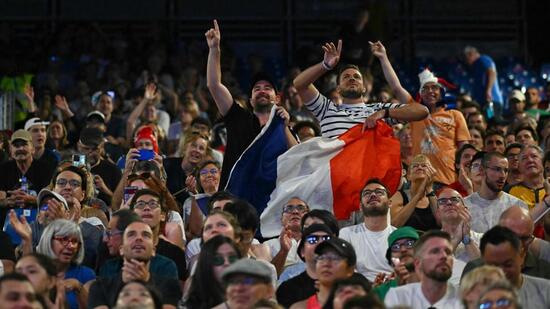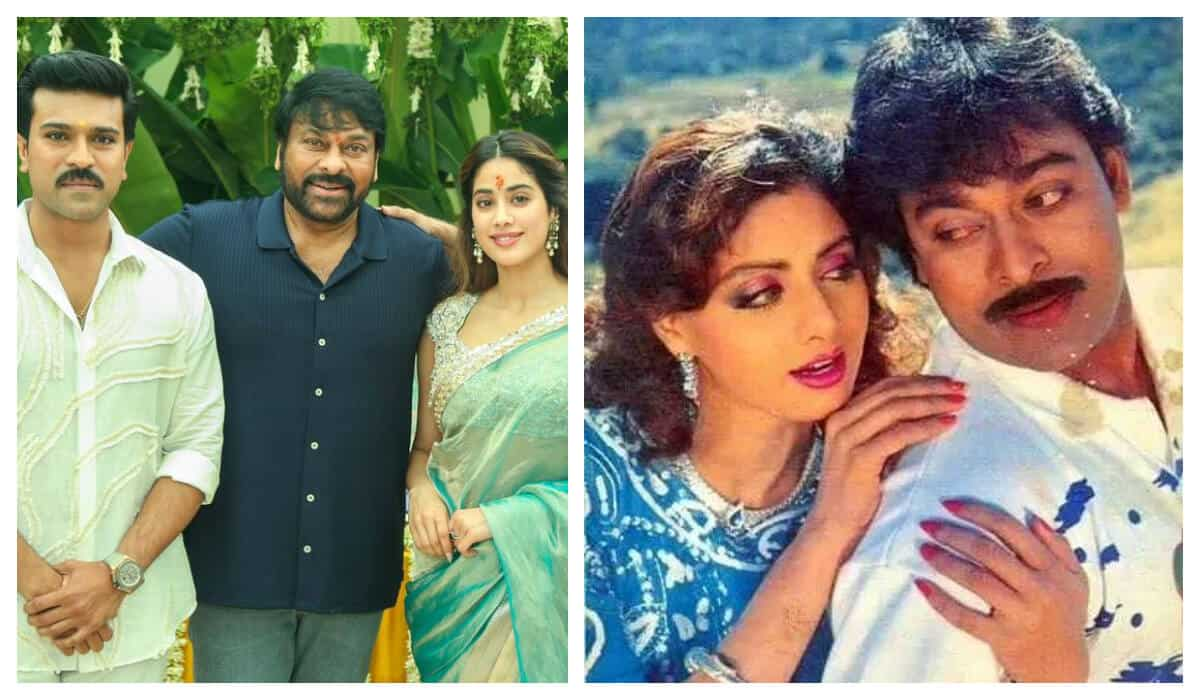
The joy, empathy and hypocrisy of the Paris Olympics
9 months ago | 84 Views
The Paris Olympics is going swimmingly into its last week. For a Games at least 12 years in the making – it lost 2012 to London and even 1992 Barcelona and 2008 Beijing are seen as misses – it had a drenched opening. But the French are basking in the sunshine of a truly people’s Games.
Thousands of fans have flocked to venues, bursting into celebrations as the world’s finest athletes win, others agonise over near misses. France’s political turmoil, and even security concerns that arose hours before the July 26 Opening Ceremony, have faded into the background, given way to a festive spirit.
The French are not usually given to exuberance, and the political crisis weighed on their minds ahead of the Games – the snap election called by French president Emmanuel Macron ended inconclusively on July 7, too close to the Games for comfort.
The legacy of a Games is also hugely determined by the performances of the host country’s athletes. And nothing has raised the spirits of the French, and millions of neutrals around the world, than swimmer Leon Marchand delivering four individual gold medals in a Games – he has drawn comparisons to his inspiration Michael Phelps, whose coach Bob Bowman has guided him.
The crowds flocking to the pool went delirious night after night as Marchand won all his events in Olympic record time – even Macron attended as the 22-year-old, hailed as “une nouvelle” (a new) star, scooped up his fourth individual gold.
Marchand became the Superman for the French when he won the 200m butterfly and 200m breaststroke in the space of two hours – in a single session. Marchand’s victories reverberated across French street corners and other Games venues. Austin Krajicek, serving for the doubles match against Rafael Nadal and Carlos Alcaraz, was left bemused as the Court Philippe Chatrier crowd burst into applause, eyes glued to their smartphones than on probably the final act on Parisian clay by its greatest player.
Ditto the fencing hall. The Korean and US teams at the Grand Palais had to pause the bout as fans burst into clapping. The table tennis hall too had its bemused competitors.
The other French sporting legend, judoka Teddy Riner, too obliged. He matched a national record fifth Olympic gold – he also beat Japan’s Tatsuro Saito twice in the mixed final, including the tie-break bout, and then promised a fifth Games.
The Games being held in the continent has allowed fans easier access. All venues have been multi-hued, represented by diverse nationalities. India’s blue, for instance, spread across the stands in the hockey field and shooting hall in Chateauroux. The 75,000 fans at Stade de France were heaving and cheering as Sweden’s Mondo Duplantis, having wrapped up the pole vault gold, soared higher, first to erase the Olympic record, and then better his own world record with a 6.25m clearance.
“France has embraced jaded critique as a national character trait. Now the hosts of the Games seem to be shrugging off their studied glumness and reaching for superlatives as if for a bottle of chilled summer rose,” The Economist noted in an analysis of Paris 2024 on August 4.
The French coming to the party is par for the course as the 1998 World Cup showed.
“Fete des futbol”, or festival of football, was what followed when the Les Bleus, the multi-cultural team with a talisman of Algerian descent, helped the nation shake off early skepticism and lift the World Cup. Street parties marked the duration of the tournament, Zinedine Zidane appropriately giving the seal of success with two goals in the final. The dream of a first win was accompanied by singing, dancing and bonhomie across Paris and other French cities.
Paris has historically been the melting pot of culture, philosophy, art and intellectual brainstorming. The father of modern Olympics is Pierrie de Coubertin, while it marks a century since its last Games. The Olympics logo, Marianne, is an artist’s delight for simplicity and expressiveness while the soft toy, Phryge – the cap that is the official mascot is a nod to the French Revolution and the 1924 Games – is a hot-selling souvenir.
The athletes haven’t just soaked in the adulation. Empathy too has come their way. The fans clapping in rhythm at the men’s hammer throw fell silent on a request by Ukraine’s Mykhaylo Kokhan, the bronze medallist, as his final throw was a tribute to his war-wrecked nation.
Empathy even gradually came for boxers Imane Khelif of Algeria and Lin Yu-ting of Taiwan, who have been targetted over a raging gender controversy in women’s boxing.
Hypocrisy on the pool was thus jarring. The Chinese swimmers were treated as lesser mortals by their rivals because 23 from the country had been cleared before the Tokyo Olympics after the World Anti-doping Agency had accepted the explanation that their positive tests for banned substances had been due to food contamination. Hardly any country is untainted by doping in modern sport. Even worse was no official comment came on such behaviour.
#




















